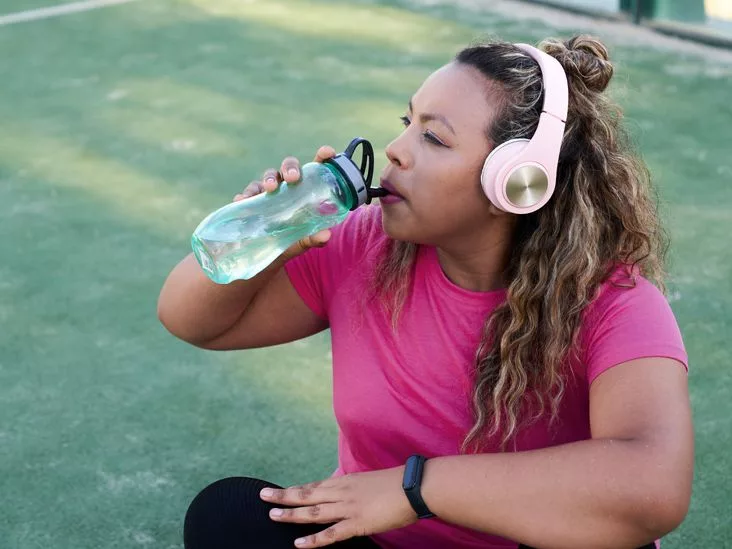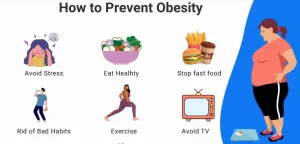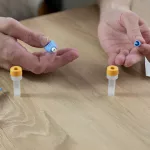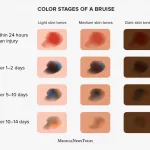Hey there, friend. If you’ve been staring at the scale, scrolling through endless diet plans, and wondering “what on earth am I doing wrong?”, you’re not alone. In just a minute or two, a weight loss quiz can shine a spotlight on the hidden habits, sneaky obstacles, and quirky patterns that keep the pounds stuck.
Think of it as a friendly mirror that reflects the parts of your routine you might be missing—so you can finally move forward with confidence, not guesswork. Ready? Let’s dive in, together.
Why Quizzes Work
The Science Behind Self‑Assessment
Behavioral science tells us that when we write things down, we become more aware of them. Self‑monitoring is a proven catalyst for change because it turns vague feelings into concrete data. A short weight loss quiz captures your daily weight‑loss habits, stress triggers, sleep quality, and even hidden hormonal clues. By converting those habits into numbers, the brain gets a clearer “problem‑solving” map.
Real‑World Success Stories
Take Maria, for example. She was stuck at 150 lb for months, despite counting calories. After a quick quiz, she discovered she was “night‑eating”—a habit she didn’t even realize existed. By swapping a midnight snack for a glass of water and a brief walk, she dropped 8 lb in six weeks. Stories like hers prove that the right insight can turn a plateau into a springboard.
Quick Comparison: Quiz vs. Traditional Diet Plans
| Feature | Quiz‑Based Insight | Fixed Diet Plan |
|---|---|---|
| Personalization | ✔️ Tailored to your habits | ❌ One‑size‑fits‑all |
| Sustainability | ✔️ Builds awareness | ❌ May feel restrictive |
| Cost | Free or low‑cost | Often pricey |
Take the Quiz
Preparing for Your Quick Assessment
Grab a napkin or open a new note on your phone. Find a quiet corner where you won’t be interrupted for a minute. The key? Honesty. It’s okay if a answer feels “a little off”—the quiz works best when you give it your real self.
The Core Sections of the Quiz
Most reputable quizzes break down into four easy parts:
| Section | What It Uncovers | Sample Question |
|---|---|---|
| Goals | Your target weight, timeline, and motivation | “How many pounds do you want to lose?” |
| Habits | Meal timing, water intake, activity patterns | “How often do you plan meals for the week?” |
| Obstacles | Stress eating, sleep quality, hormonal cues | “Do you experience ‘hangry’ moments?” |
| Support | Who’s cheering you on? | “Who supports your weight‑loss efforts?” |
Interpreting Your Score
When you finish, most quizzes give you a color‑coded result:
- Green: You’re mostly on track—just fine‑tune a few habits.
- Yellow: Small adjustments can boost progress.
- Red: Hidden blocks need attention (think sleep, stress, or hormonal resistance).
Remember, the quiz is an informational tool, not a medical diagnosis. If you have a health condition, pair these insights with a chat with your doctor or a registered dietitian.
External Perspective
If you’re curious how other trusted sites structure their quizzes, WebMD’s weight‑loss quiz offers a similar breakdown and shows how mainstream health portals view self‑assessment.
What Your Quiz Results Reveal
Habit Patterns That Sabotage Progress
Common culprits pop up again and again:
- Skipping breakfast, then over‑eating later.
- Not drinking enough water (the “thirst‑mistaken‑for‑hunger” trap).
- Late‑night snacking—often called “food noise” in the research.
These weight loss habits are easy to tweak once you know they’re there. For instance, setting a reminder to sip water every hour can dramatically lower unnecessary cravings.
Hidden Obstacles & Resistance
Beyond the obvious, there are stealthy blocks:
- Hormonal resistance: Some folks experience “weight loss resistance” where the body fights back, a concept highlighted by the Women’s Health Network’s quiz.
- Stress: Cortisol spikes can make the body hold onto fat, especially around the belly.
- Sleep deprivation: According to a CDC guideline, sleeping fewer than 7 hours can reduce the hormones that curb appetite.
Tracking Real Progress
Numbers on a scale are only part of the story. Use these three metrics to see true weight loss progress:
- Body measurements (waist, hips, thighs).
- How clothes fit—the “feel good factor”.
- Energy levels—more stamina means metabolic benefits.
Mini‑Action Plan (downloadable template)
Here’s a simple template you can copy‑paste into a spreadsheet:
Week | Habit to Change | Mini‑Goal | Daily Log | Result1 | Water intake | 8 cups | ✅/❌ | 2 | Sleep | 7‑9 hrs | ✅/❌ | …
Pick one habit to focus on each week—small wins build momentum.
Balancing Benefits & Risks
Benefits You Can Count On
Quick self‑assessment offers several perks:
- Speed: Under a minute to get a clear snapshot.
- Cost‑effective: Most quizzes are free.
- Motivation boost: Seeing concrete data can reignite the fire.
Potential Pitfalls & How to Dodge Them
A quiz isn’t a magic wand. Risks include:
- Over‑relying on a single score and ignoring other health signals.
- Feeling discouraged if you land in the red zone—remember, it’s a starting point, not a verdict.
- Misinterpreting results without professional guidance.
Stay balanced: use quiz insights as a roadmap, but keep listening to your body and medical experts.
When to Seek Professional Help
If you notice any of these red flags, it’s time for a deeper dive with a professional:
- Rapid, unintentional weight loss or gain.
- Persistent fatigue, dizziness, or menstrual changes.
- Underlying conditions like thyroid disorders.
A registered dietitian can turn your quiz data into a customized nutrition plan, and a physician can rule out medical causes.
Take Action Now
Ready to give yourself the clarity you deserve? Click the button below, answer honestly, and let the results guide your next move.
Bonus Resources
Want to dig deeper? Here are some trusted spots you might enjoy:
- 10 Proven Weight‑Loss Habits – our in‑house guide that expands on quiz findings.
- Understanding Weight‑Loss Resistance – an article from Women’s Health Network that explains the hormonal side of the story.
- CDC’s Safe Weight‑Loss Guidelines – the gold standard for healthy pounds per week.
- Nutrisystem’s Weight‑Loss IQ Quiz – a fun alternative that tests your knowledge while you learn.
Conclusion
A weight loss quiz is more than a list of questions; it’s a shortcut to self‑discovery. By pinpointing the habits, obstacles, and patterns that keep you stuck, you can replace guesswork with a clear, actionable plan. Pair those insights with professional advice when needed, keep tracking your weight loss progress beyond the scale, and celebrate every small win. So, what’s the first habit you’re ready to tweak? Share your thoughts in the comments—let’s learn from each other and move forward together.

























Leave a Reply
You must be logged in to post a comment.